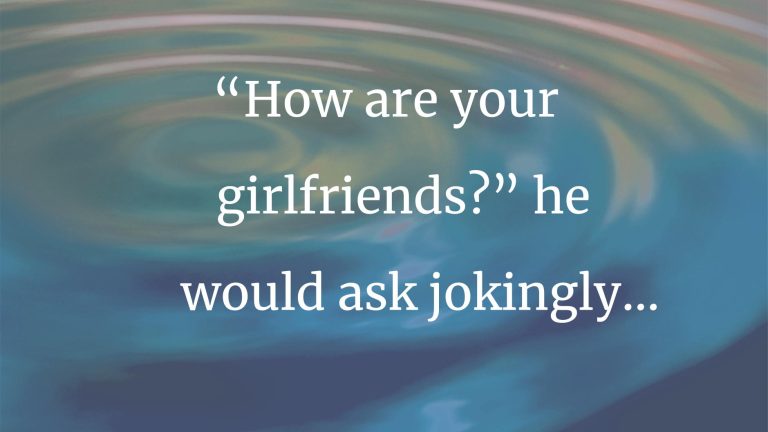
What’s Left Unsaid
Editor’s Note: This piece was a finalist in the Pulse writing contest, “On Being Different.”
Standing with the rest of the medical team outside the hospital room of our first patient of the day, the attending physician nods impatiently at the resident to get started with morning rounds.
“Right, uh,” she fumbles, before finding her footing. “Philippe Dubois. Twelve-year-old boy with Duchenne muscular dystrophy. Here from Québec with his father for annual follow-up. No change in medications….”
As a first-year medical student, I’ve already watched enough medical dramas to know that this is how reports are given—in cold, clipped sentences that reduce people to patients, patients to diseases, diseases to signs and symptoms and stereotypes. Rich life stories lost in translation.











